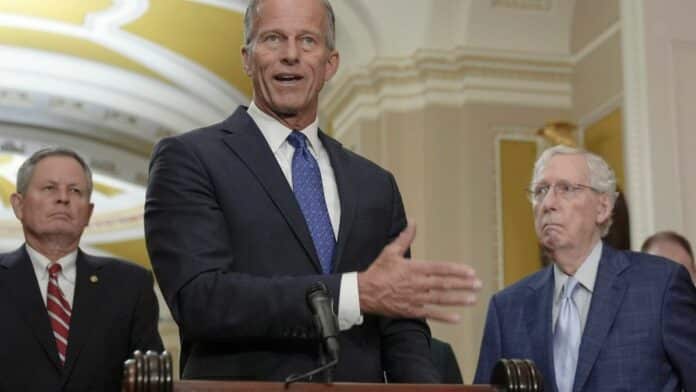A Mexican national who ignored a deportation order more than a decade ago is now accused of killing a 71-year-old man in a DUI hit-and-run — another tragedy tied to the nation’s illegal immigrant crisis. According to federal law enforcement, 57-year-old Humberto Munoz Gatica, living in California illegally since at least 2011, was arrested in Orange County after allegedly striking and killing Barry William Tutt of La Verne.
Deputies with the Orange County Sheriff’s Office responded to the crash Friday, where they found Tutt critically injured. He was rushed to a local hospital but later died, according to The Orange County Register. Witnesses reported a silver Ford sedan fleeing the scene. Investigators later identified Gatica as the driver.
Gatica was booked into the Orange County Jail on charges of DUI causing death and hit-and-run causing death or bodily injury. Federal officials told Fox News that Gatica was first detained by U.S. Immigration and Customs Enforcement (ICE) in 2011 for being in the country illegally but was released under the Obama administration with a notice to appear in court — a court date he ignored. In 2012, a federal immigration judge ordered him deported in absentia, but Gatica remained in California, a state that has declared itself a “sanctuary state.”
Authorities said Gatica was driving under the influence in Dana Point when he hit Tutt and fled the scene. Records also show that Gatica had a prior criminal record — he was arrested in 2011 on a robbery charge and later pleaded guilty to grand theft.
Federal sources said he had remained an ICE fugitive since his deportation order. Local officials have not yet said whether ICE has filed a detainer for his custody, but the case has renewed criticism of California’s sanctuary policies that limit cooperation with federal immigration enforcement.












